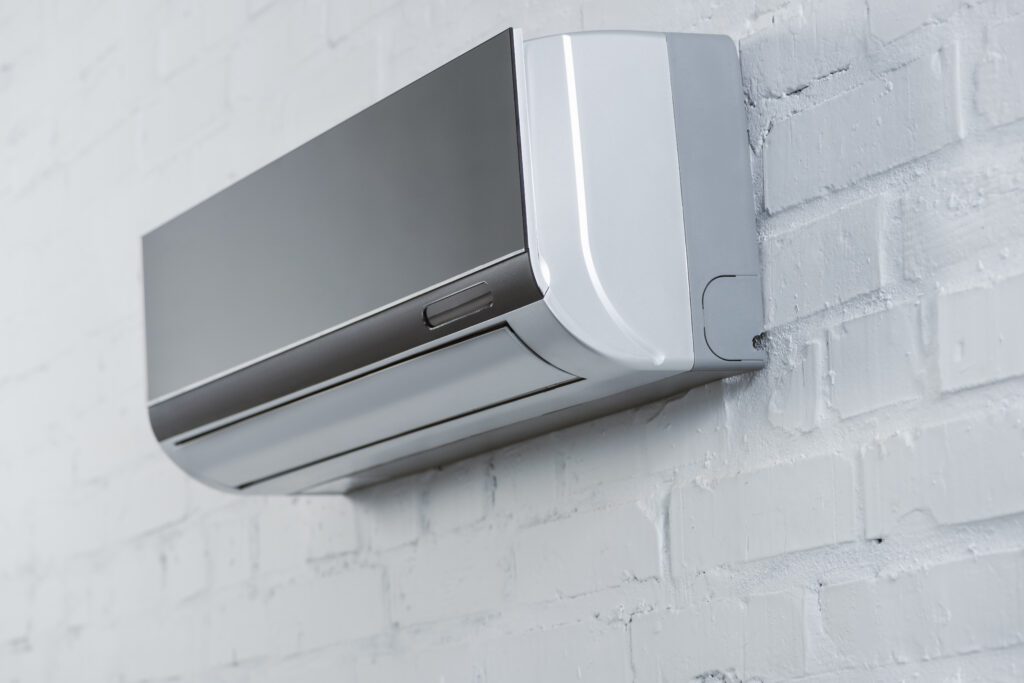As summer approaches, residents in the Eastern Panhandle face the challenge of ensuring their air conditioning systems are functioning optimally. With the region’s fluctuating temperatures and humidity levels, knowing when and how to replace your AC unit can make a significant difference in comfort and cost. This article walks you through essential lifehacks regarding AC replacement to help you make informed decisions.
Understanding the Need for AC Replacement
Before diving into replacement options, it’s crucial to understand when your AC unit may need to be replaced. Various factors can contribute to the deterioration of your air conditioning system, and recognizing these signs can save you from discomfort during peak heat.
Signs Your AC Needs Replacement
Several indicators can suggest it’s time to replace your air conditioning unit:
- Age of the Unit: Most air conditioners last about 10-15 years. If your system is nearing or beyond this lifespan, consider replacement.
- Frequent Repairs: If you’re constantly scheduling repairs, it might be more cost-effective to invest in a new unit.
- Inefficient Cooling: If your AC is no longer cooling your home effectively, it could be a sign that it’s time for a replacement.
- Increased Energy Bills: A sudden hike in energy costs can indicate that your unit is struggling and inefficient.
Recognizing these signs early allows for proactive planning and investment in a more reliable system. Additionally, consider the overall comfort of your living space; if your AC is unable to maintain a consistent temperature, it can lead to discomfort and frustration, particularly during the sweltering summer months.
The Impact of Climate on AC Lifespan
The climate in the Eastern Panhandle plays a significant role in the lifespan of air conditioning units. The hot summers and occasional humidity can strain your AC, leading to faster wear and tear. Additionally, the region experiences seasonal temperature fluctuations, which can affect how often your AC operates.
Understanding how these climatic conditions interact with your HVAC system can help you make informed decisions about maintenance and replacement. Investing in an AC unit designed for high-efficiency performance under these conditions can enhance longevity and comfort. Furthermore, regular maintenance, such as cleaning or replacing filters, can significantly improve the efficiency and lifespan of your unit, ensuring that it performs optimally even during extreme weather conditions.
Moreover, the choice of insulation and window treatments in your home can also influence how hard your AC has to work. Proper insulation can help maintain a stable indoor temperature, reducing the workload on your air conditioning system. Similarly, using energy-efficient windows or adding shades can minimize heat gain, allowing your AC to operate more efficiently and prolonging its lifespan. By considering these factors, homeowners can create a more comfortable living environment while also extending the life of their AC units.
Evaluating Your AC Replacement Options
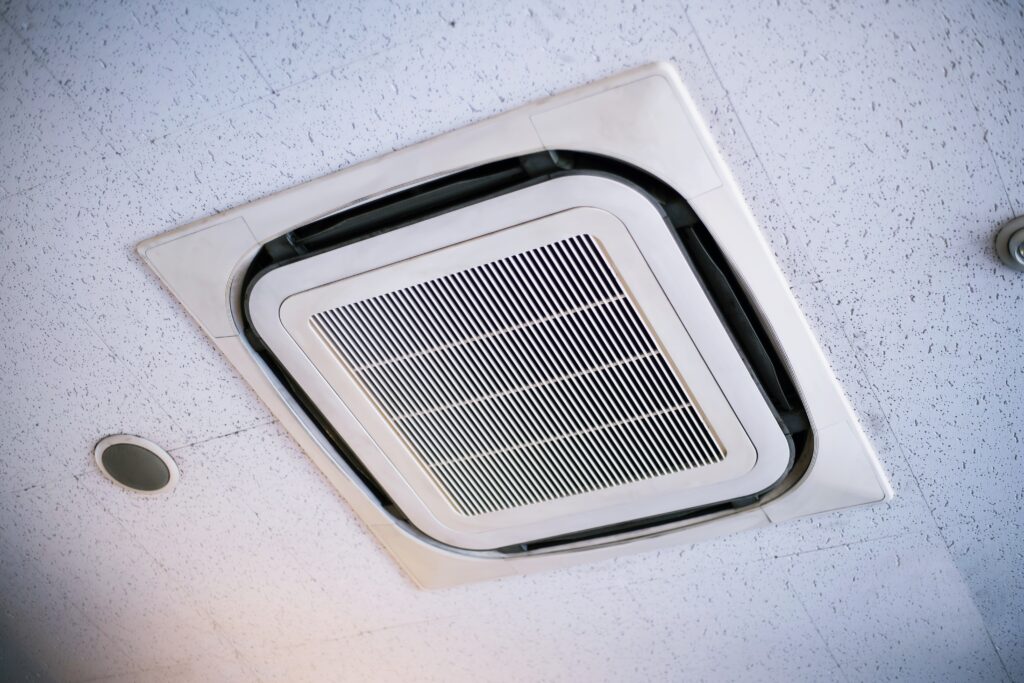
When it’s determined that replacing your air conditioning unit is necessary, the next step is to evaluate the options available to you. Various factors should be considered to ensure you make the best choice for your home.
Energy Efficiency Considerations
Energy efficiency is a critical aspect when selecting a new AC unit. Units with higher Seasonal Energy Efficiency Ratios (SEER) are generally more cost-effective in the long run.
- Search for ENERGY STAR Ratings: Look for AC units that have the ENERGY STAR label. These models meet strict efficiency guidelines set by the U.S. Environmental Protection Agency.
- Consider Variable Speed Units: These allow for better humidity control and can save energy by running at lower speeds when full capacity isn’t needed.
An efficient unit not only benefits the environment but also lowers your utility bills. Additionally, many utility companies offer rebates or incentives for purchasing high-efficiency models, which can further offset the initial investment. It’s also worth noting that energy-efficient systems often come with advanced technology that can enhance comfort levels in your home, such as smart thermostats that allow for remote adjustments and scheduling.
Size and Capacity of New AC Units
Choosing the right size AC unit is vital for optimal performance. Units that are too large or too small can lead to various issues, including inadequate cooling and increased energy costs.
To find the best size for your space, consider the following:
- Sizing Calculations: Use a Manual J load calculation to accurately determine the necessary capacity for your home.
- Consult Professionals: Engaging with HVAC professionals can ensure you select the right size based on your home’s specific needs.
Properly sized units will not only cool your home effectively but will also operate more efficiently. Furthermore, the layout of your home, including the number of windows, insulation quality, and even the orientation of your house can influence the cooling load. For example, homes with large windows facing the sun may require more cooling power, while well-insulated homes can often get away with smaller units. Therefore, a thorough assessment of your living space is essential to avoid the pitfalls of over-sizing or under-sizing your new AC system.
Cost-Effective AC Replacement Strategies
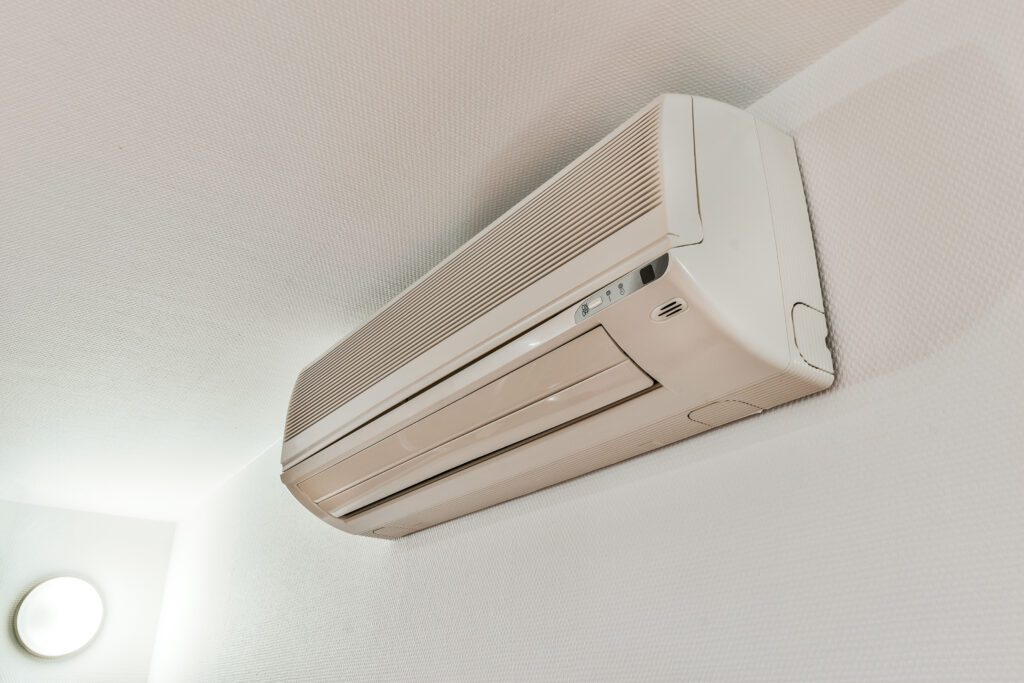
Replacing an air conditioning unit can be a significant investment. To ease the financial burden, consider cost-effective strategies that can help reduce expenses associated with your new AC system.
Timing Your AC Replacement
The timing of your AC replacement significantly affects the overall cost. Replacing your unit during the off-peak season, typically in the fall or spring, often yields better pricing and availability of options.
Moreover, homeowners may also benefit from promotional offers and discounts from HVAC companies during these less busy months. Scheduling your replacement during these times can save you a notable amount. Additionally, by planning ahead and avoiding the peak summer months, you can ensure that your new system is installed without the rush, allowing for a more thorough installation process and reducing the likelihood of future issues.
Utilizing Rebates and Incentives
Many local and state programs offer rebates and incentives for replacing old, inefficient air conditioning units with new energy-efficient models. These could include:
- Utility company rebates for high-efficiency systems.
- Federal tax credits for energy-efficient upgrades, which can help offset the cost of a new unit.
Always check with your HVAC contractor or local government websites for available programs that can ease the cost of your replacement project. Furthermore, some manufacturers also provide their own rebates or financing options, which can be an additional source of savings. By doing thorough research and combining these incentives, homeowners can significantly lower their out-of-pocket expenses while investing in a system that will save them money on energy bills in the long run.
In addition to these financial incentives, consider the long-term savings associated with energy-efficient models. While the initial cost may be higher, the reduction in energy consumption can lead to substantial savings over the lifespan of the unit. Many modern systems are designed with advanced technology that optimizes performance and minimizes energy waste, making them not only a smart financial choice but also an environmentally friendly one. Investing in a high-efficiency air conditioning unit can contribute to a more sustainable home while providing comfort during those hot summer months.
DIY vs. Professional AC Replacement
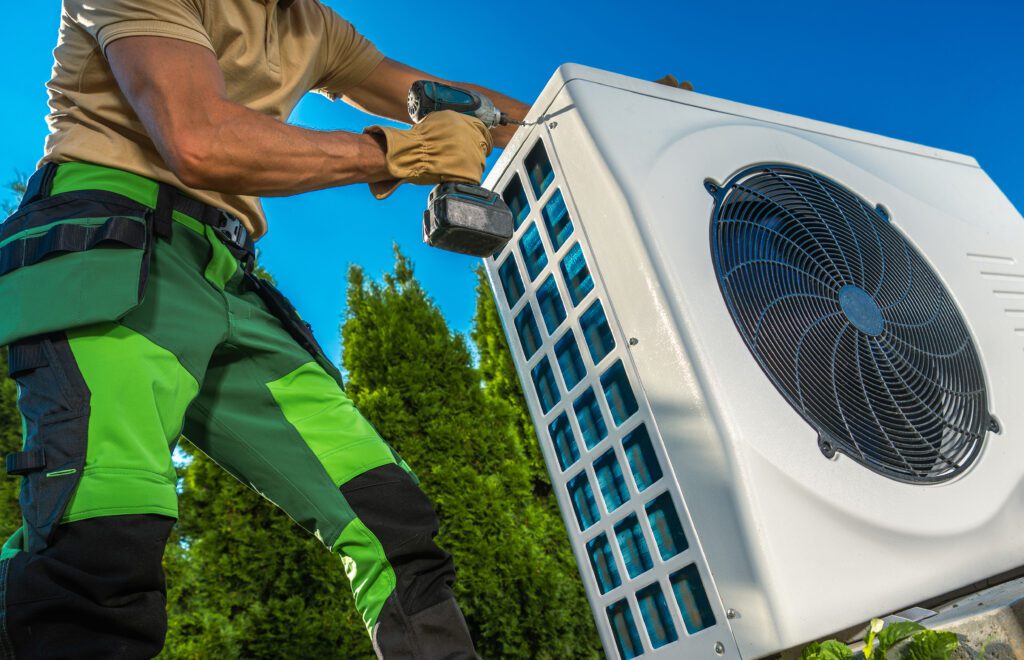
When faced with the decision of whether to tackle AC replacement as a DIY project or hire professionals, several factors need to be considered to make the right choice.
When to Consider DIY Replacement
Some homeowners possess the skills and willingness to undertake a DIY AC replacement project. This can be feasible under certain conditions:
- Experience and Knowledge: If you have prior experience with HVAC systems, a DIY replacement can be a rewarding challenge.
- Minimal Complexity: Smaller or portable units may be easier to replace without professional help.
- Cost-Saving: For those looking to save on labor costs, DIY can be appealing.
However, careful consideration should be taken to avoid potential pitfalls resulting from improper installation. For instance, even a minor oversight, such as incorrect refrigerant levels or improper duct sealing, can lead to decreased efficiency and increased energy bills. Additionally, local building codes and regulations often require specific permits for HVAC work, which may not be obtained without professional assistance. Therefore, it is crucial to weigh the potential savings against the risks involved in a DIY project.
Benefits of Professional Installation
For most homeowners, opting for professional installation is generally the safest and most effective choice. Professional HVAC contractors provide numerous benefits, including:
- Expert Knowledge: Skilled technicians can assess your home’s needs accurately and recommend suitable units.
- Efficient Installation: Professionals can ensure that your unit is installed correctly, maximizing its lifespan.
- Warranty Protection: Many manufacturers require professional installation to validate warranties.
Investing in professional installation can therefore provide peace of mind and prevent complications down the road. Moreover, professional contractors often offer maintenance plans that can help keep your system running smoothly long after installation. These plans may include regular check-ups, cleaning, and tune-ups, which are essential for maintaining optimal performance and energy efficiency. Additionally, professionals are equipped with the right tools and technology to handle unexpected issues that may arise during installation, ensuring that your new AC unit operates at peak performance from day one.
Maintaining Your New AC Unit
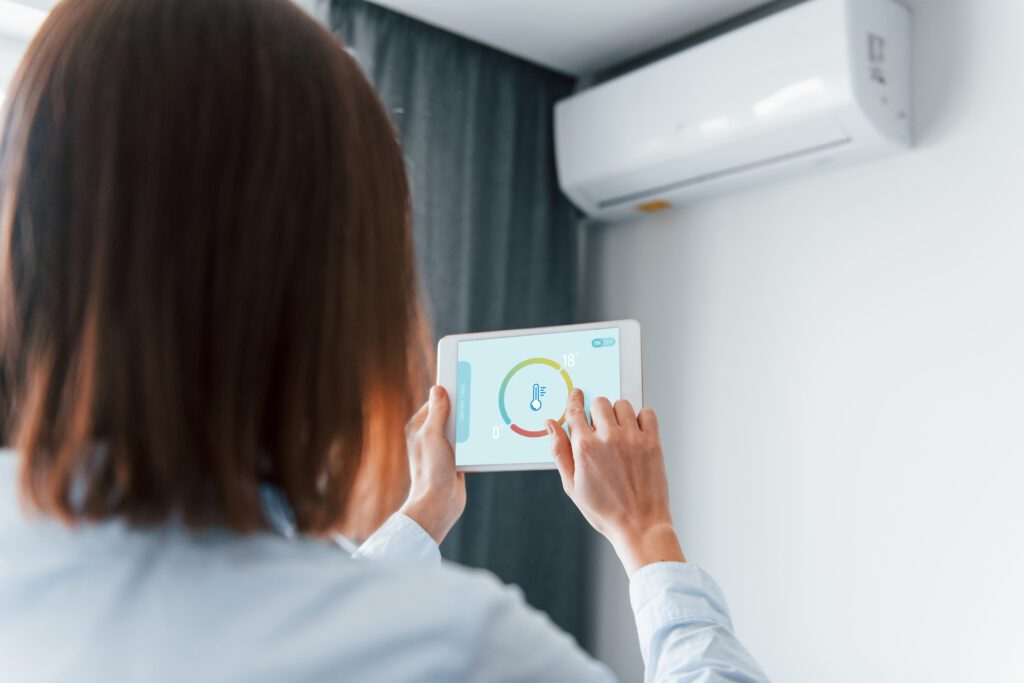
After your new AC unit is installed, establishing a maintenance routine is crucial to ensure it operates efficiently and lasts for many years. Regular upkeep not only helps in maintaining optimal performance but also promotes energy efficiency, which can lead to lower utility bills over time.
Regular Maintenance Tips
To maintain your air conditioning system effectively, follow these tips:
- Change Filters Regularly: Dirty filters can restrict airflow, making your system work harder. Aim to replace or clean filters every one to three months, especially during peak usage seasons.
- Schedule Annual Check-Ups: Regular professional inspections receive expert insights, ensuring optimal performance. Technicians can identify potential issues before they escalate, saving you from costly repairs down the line.
- Clean the Condenser Coils: Keeping outdoor units clear of debris and dirt can improve efficiency significantly. Regularly check for leaves, dirt, and other obstructions that may hinder airflow and heat exchange.
By implementing these simple maintenance tips, you can enhance the performance and longevity of your air conditioning unit. Additionally, consider investing in a programmable thermostat to optimize your cooling schedule, allowing the system to operate more efficiently when you are home and reduce energy use when you are away.
Avoiding Common AC Problems
Awareness of common air conditioning issues can save you time, money, and discomfort. Some frequent problems include:
- Leaking Refrigerant: This can detrimentally affect cooling efficiency and should be addressed immediately. If you notice a decrease in cooling performance, it’s essential to have a professional check for leaks.
- Thermostat Issues: Regularly checking thermostat settings ensures your unit operates correctly. Consider upgrading to a smart thermostat that can learn your schedule and adjust temperatures accordingly.
- Electrical Failures: Regular inspections can help catch wiring issues before they become major problems. Be vigilant for any unusual sounds or smells, as these can be indicators of electrical malfunctions.
Being proactive in monitoring your system can help prevent these issues and contribute to a seamless cooling experience. Furthermore, familiarize yourself with your AC unit’s user manual, as it contains valuable information about specific maintenance needs and troubleshooting tips tailored to your model.
In addition to these maintenance practices, consider the surrounding environment of your outdoor unit. Ensure that it is not blocked by tall grass, shrubs, or other landscaping features that could impede airflow. A well-ventilated area allows your AC to function optimally, reducing strain and enhancing its overall efficiency. Regularly inspecting the area around your unit can help you identify and rectify potential issues before they impact performance.

